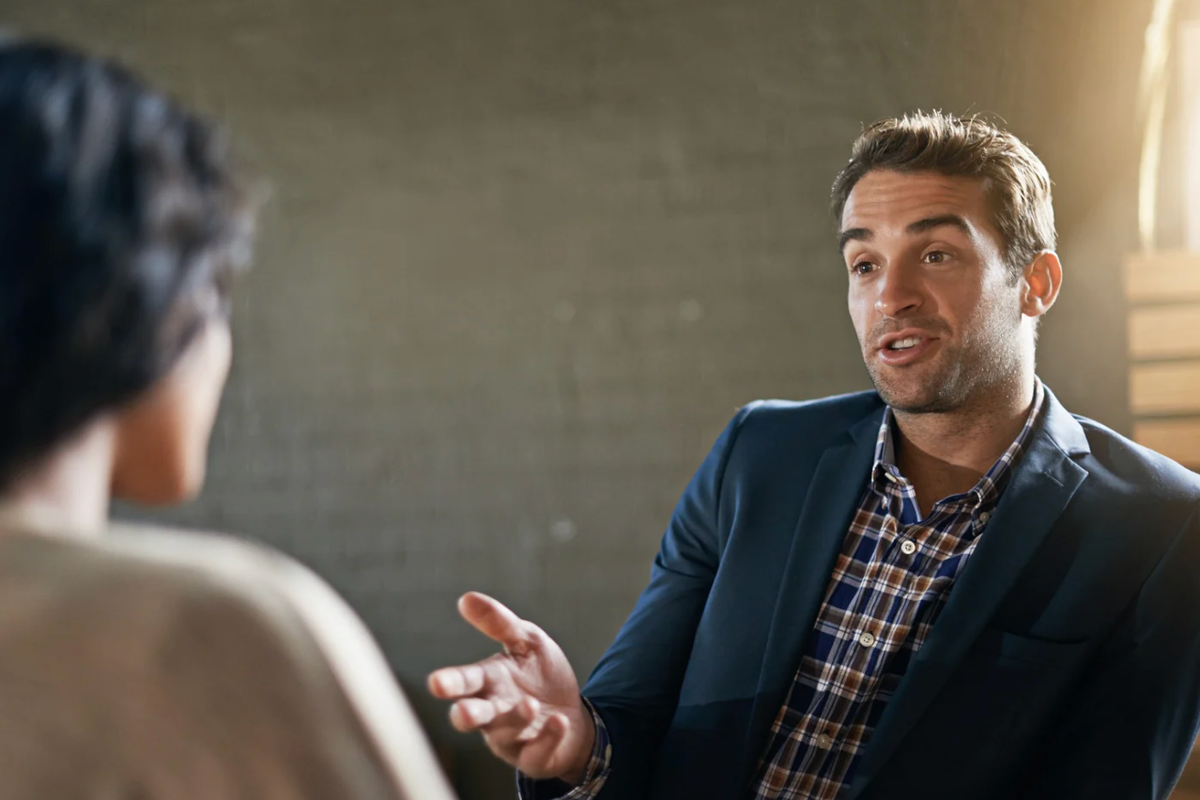What should you do if a police officer doesn't want you to film them on duty? Do it anyway.
The law is the law. Even if the police don't like it.
Cops have been doing a lot of bad things on camera lately, and people want to know how to stop it.
One solution that's been getting attention is for civilians to film the police, which Brave New Films and hip-hop duo Blue Scholars address in the video below.
WARNING: This video contains graphic images of police violence.
Why is filming the police important? Because sometimes it's the only way to hold cops accountable.
Take the shooting death of Walter Scott, for instance. On April 4, 2015, Scott was shot multiple times in the back by Officer Michael Slager in North Charleston, South Carolina. The horrifying incident was recorded by Feidin Santana, an eyewitness who then faced a difficult decision about what to do with the footage.
Image by Feidin Santana via New York Times.
In an interview with MSNBC, Santana explained why, despite fears for his own safety, he chose to release footage:
"I saw the police report, I read it. It wasn't like that. ... I just put myself in the position of the family. ... I know if I wouldn't give it to them, nothing would happen. ... And I believe that this can help other people."
— Feidin Santana
If not for his footage, murder charges may never have been brought against Slager. And the chances of a conviction, as the video above illustrates, would be very slim. (Slager is currently awaiting trial.)
Of course, some people think filming the police doesn't work.
They point to examples such as Eric Garner and John Crawford, both of whom died (on camera) at the hands of police officers — despite posing no threat to public safety — with no indictments to follow.
Photo by Spencer Platt/Getty Images.
But here's the thing: We've only scratched the surface of what's possible with civilian police recordings.
Smartphone ownership has boomed in the last few years. Today, according to the Pew Research Center, almost two-thirds of American adults own a smartphone. That's a lot of folks with video cameras in reach virtually all the time. And that number will grow.
Image by Leon Fishman/Flickr.
We use our phones for a lot of things, but for most of us, holding cops accountable isn't one of them.
In fact, most of the time we spend on our smartphones is out of, well, boredom. A 2012 mobile marketing study shows we devote nearly half our time on smartphones to "relaxation and entertainment in order to indulge oneself or pass the time."
Image via Thinkstock.
However, the same study also found that we spend about a quarter of our smartphone time on socializing (19%), discovery (4%), and self-expression (1%). And it's in that quarter (and more) that we can make a difference on this issue.
What do we do? Film cops MORE.
Lauren Williams of ThinkProgress writes, "Ultimately, much of the power to oversee police behavior lies with the public. Citizen-captured cell phone video footage has been key in documenting violent police encounters."
Image via Brave New Films.
Cops may not like it. But it's your right as a citizen to film them if you feel they are abusing their authority in any way.
And new technology is making it even easier to catch shady cops in the act. Williams points to several police accountability apps concerned citizens can download today.
One of them is Police Tape, a free app by the American Civil Liberties Union (ACLU) that allows users to record audio and video of police encounters while simultaneously sending the files to ACLU servers, where they can be reviewed for civil rights violations.
GIF via ACLUNJ.
If you're concerned about police violence, you can fight back.
It's as simple as keeping your phone charged and your eyes open for police wrongdoing.
FACT CHECK TIME:
Our fact-checkers wanted to clarify some of the statistics cited in the video. Let's take them one-by-one:
- The video names Texas as one of 12 states that have "severely limited rights to film the police," but according to Slate and other sources, Connecticut (not Texas) is one of them.
- REALLY IMPORTANT NOTE: The "restrictions" in those 12 states seem to be that the consent of all parties involved in the conversation — including the police officers — is required. Although, it is stressed in several sources that recording the police (1) anywhere the public is allowed (2) when the activity is in plain view and (3) has to do with their official duties (4) without obtaining consent is permissible as long as it is (5) not legitimately interfering with police work.
- The video also states that "fatal police shootings are the highest in 20 years." PolitiFact says that's only half true because there are significant holes in the FBI data that prevent us from drawing full conclusions from the statistics. Here's the biggest problem: There is no mandate that local law enforcement agencies report officer-involved shootings to the FBI, and only a small fraction of law enforcement agencies voluntarily participate in the FBI's annual Uniform Crime Report.
- "For every 1,000 killed by police, only 1 officer is convicted." That's tough to say as well. A Washington Post study, like PolitiFact, points to incomplete data: "There is no accurate tally of all the cases of police shootings across the country, even deadly ones. The FBI maintains a national database of fatal shootings by officers but does not require police departments to keep it updated."



 A woman reading a book.via
A woman reading a book.via A woman tending to her garden.via
A woman tending to her garden.via
 A person on Threads makes a typo.Photo credit: Threads/@maureenmzobe
A person on Threads makes a typo.Photo credit: Threads/@maureenmzobe
 Cats can be finicky about how they're held.
Cats can be finicky about how they're held.  Squish that cat.
Squish that cat. 

 Young man holds up his hand to show five.
Young man holds up his hand to show five. Two women having a conversation at a coffee shop.
Two women having a conversation at a coffee shop.  Two women talking as the leave a yoga class
Two women talking as the leave a yoga class